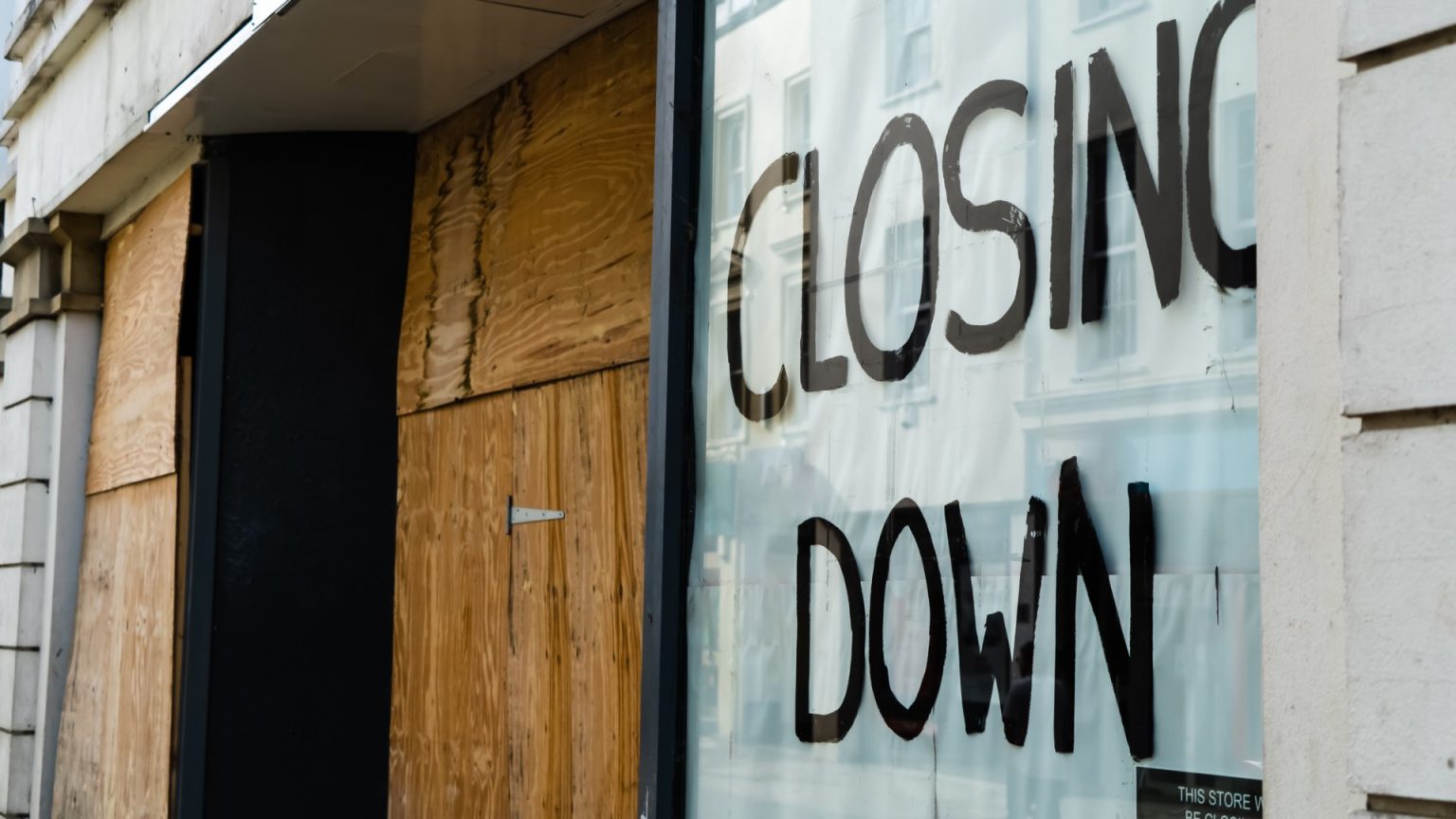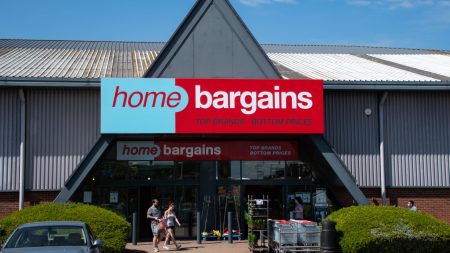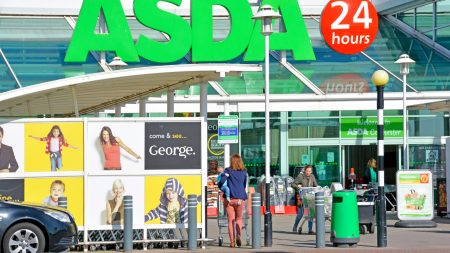The closure of The Entertainer toy store in Croydon’s Whitgift Shopping Centre marks another casualty in the ongoing struggles of brick-and-mortar retail. The store, one of 160 across the UK, is slated to close permanently on February 1st, 2025, leaving local shoppers disappointed and concerned about the declining state of the high street. The closure is attributed to a requirement from the landlord as part of a long-planned redevelopment of the Whitgift Centre. While The Entertainer expressed commitment to supporting its employees affected by the closure, the situation underscores the broader challenges facing retailers in the current economic climate.
The redevelopment of the Whitgift Centre, a joint venture initially undertaken by Westfield and Hammerson in 2013, aims to transform the area into a premier shopping and leisure destination. However, the project has been plagued by delays and financial obstacles. Despite Westfield acquiring full ownership of the project in 2023, the path forward remains uncertain, with a public consultation planned for this year before a planning application is submitted. The closure of The Entertainer serves as a tangible reminder of the disruption and uncertainty surrounding the redevelopment project and its impact on existing businesses.
The Entertainer’s closure in Croydon follows a similar pattern of closures across the UK retail landscape. The retailer previously closed a branch in Edinburgh in early January 2025, demonstrating a broader trend of downsizing and consolidation. This trend is mirrored across the retail sector, with a multitude of businesses shutting down stores due to a confluence of factors, including the rise of online shopping, high business rates, soaring inflation, and changing consumer spending habits. The economic pressures, coupled with the lingering effects of the pandemic, have created a challenging environment for traditional retailers.
The broader context of retail closures paints a bleak picture for the high street. The Centre for Retail Research reports that a staggering 13,479 stores closed in 2024, with a significant number attributed to insolvency proceedings. This trend is expected to continue into 2025, with even more closures predicted. The shift towards online shopping has accelerated during and after the pandemic, leaving many traditional retailers struggling to compete. The combination of reduced foot traffic, increased operating costs, and changing consumer behavior has created a perfect storm for businesses operating in physical locations.
The reasons behind these widespread closures are multifaceted. The COVID-19 pandemic significantly accelerated the shift towards e-commerce, forcing consumers to embrace online shopping out of necessity. This shift in behavior has persisted even as pandemic restrictions have eased, creating a lasting impact on the high street. Simultaneously, rising inflation and the cost-of-living crisis have squeezed household budgets, leading to reduced consumer spending. Retailers are also grappling with increased operating costs, including energy prices, rent, and business rates, further exacerbating the financial strain.
The closure of The Entertainer and other retailers highlights the ongoing transformation of the retail landscape. While the redevelopment of the Whitgift Centre promises future revitalization, the immediate impact is felt by businesses forced to close their doors. The challenges facing the retail sector underscore the need for adaptation and innovation to navigate the changing demands of consumers and the economic climate. The future of the high street remains uncertain, and the closures serve as a stark reminder of the ongoing evolution of the retail industry.











